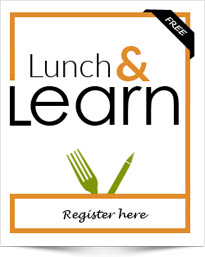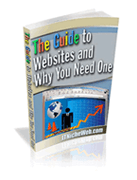Dec 3
Important On-Page SEO Factors to Improve Website Ranking
Posted by webmasterOn-Page SEO is the optimization of the elements of an HTML page for Google search. This typically includes content and tagging.
Title Tag: It is the most important on-page SEO factor. When search bots index your page, the <title> tag is the first thing they look at. It tells them what the page is about. On your Home page, write a Title Tag that represents the overall theme of the website and looks good to your visitors as well. A perfect Title tag should contain the most important keywords closest to the beginning. Many recommend mentioning your brand at the end of the title tag.
URL: URL structure is important because it helps the search engines to understand relative importance and adds a helpful relevancy metric to the given page. It is also helpful from an anchor text perspective because people are more likely to link with the relevant word or phrase if the keywords are included in the URL.
Keywords in Content: You should have your keywords used in your content naturally and meaningfully. Google warns that spammy “keyword stuffing” can be a negative ranking factor. It is probably truer that it won’t help you much at all, and will also cause more of your visitors to leave (which can indeed drag down your rankings if your bounce rate skyrockets). Write for people and not for search engines. Do not repeat your keywords in the content unnecessarily.
Meta Description Tag: Including keywords in your meta description does not influence your search rankings. You want a meta description that will make your prospects click on your link in the search results, because your click through rate (CRT) has SEO importance. Think of your meta description as an ad. Include your unique selling proposition, or one or two top selling points most relevant to the given page.
Heading Tags: Keywords in HTML heading tags, such as <h1>, <h2>, etc., do not make for a powerful ranking factor on Google, but they can help somewhat, especially for the less competitive and “long tail” keywords. The most important heading tag is <h1> and the power of the rest of them, from <h2> to <h6> is insignificant. Do not use multiple <h1> headings on the same page unless your content is really ample and justifies it. I do not recommend using <h3> and beyond: they create clutter and betray the expectations of the majority of Web users.
Image Alt Attribute: The HTML Alt attribute used to describe images on a webpage. It is recommended to optimize the images on your webpage and use relevant keywords there. Well optimized images can also appear in Google Image results and drive additional traffic to your website. Additionally, keywords in the Alt attribute on image links take on a special importance: you can think of them as being similar to link anchor text.
Rich Snippets: Use rich snippet mark-up code to let Google better differentiate and interpret your content.
- Filed under: Search Engine Ranking, SEO & SMM






